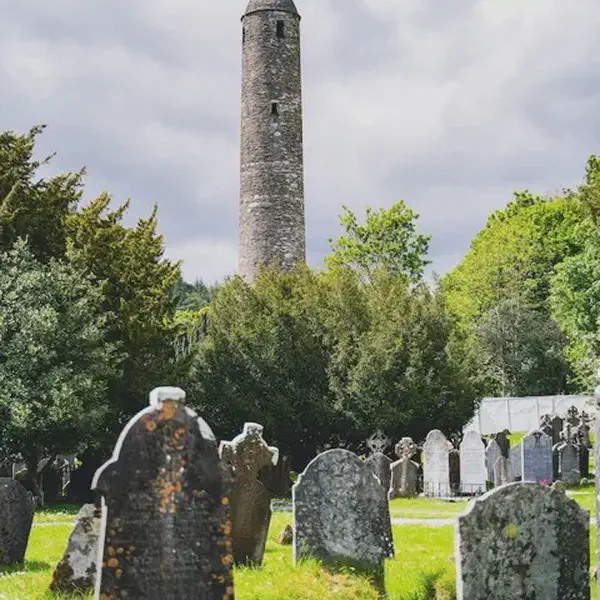
William Butler Yeats, Irish Poet, Dies
January 28, 1939
William Butler Yeats, one of the most prominent literary figures of the 20th century, died on January 28, 1939. Yeats was an Irish poet and one of the foremost figures of 20th-century literature. His work was deeply influenced by the heritage and politics of Ireland, and he played a significant role in the Irish Literary Revival.
Literary Career
Yeats’ literary career spanned several decades, during which he evolved from a romantic poet influenced by mysticism and the occult to a more modernist writer. His poetry often reflected themes of Irish folklore, politics, love, and the complexities of the human condition.
Involvement in Irish Nationalism
Yeats was actively involved in the cultural aspects of Irish nationalism and was a driving force behind the Irish Literary Revival, which sought to promote Irish literature and cultural identity. He was also a co-founder of the Abbey Theatre in Dublin, a hub for Irish drama and playwrights.
Nobel Prize in Literature
In 1923, Yeats was awarded the Nobel Prize in Literature, becoming the first Irishman so honored. The Nobel committee particularly noted his “always inspired poetry, which in a highly artistic form gives expression to the spirit of a whole nation.”
Political Involvement
Yeats served as a senator for the Irish Free State for two terms. His political views were complex and evolved over time, reflecting the tumultuous changes in Irish society.
Death and Burial
William Butler Yeats died in Menton, France, at the age of 73. His health had been declining, and he was abroad for medical treatment. Initially buried in France, his remains were moved to Drumcliffe, County Sligo, Ireland, in 1948, in accordance with his wishes. The epitaph on his tombstone comes from one of his last poems, “Under Ben Bulben”: “Cast a cold Eye / On Life, on Death. / Horseman, pass by!”
Legacy
Yeats’ influence on literature and Irish culture is immense. He is remembered as one of the greatest poets of the 20th century, and his works continue to be widely read, studied, and celebrated. His exploration of Irish identity, mythology, and politics, as well as his contributions to modernist poetry, have left a lasting impact on the literary world.
The death of William Butler Yeats marked the end of an era in Irish literature, but his work and its influence continue to resonate in the literary world and in the cultural consciousness of Ireland and beyond.